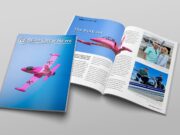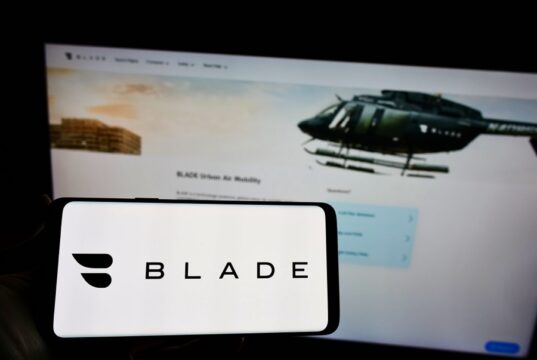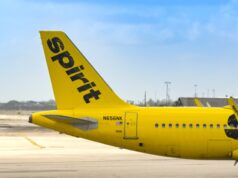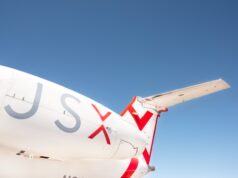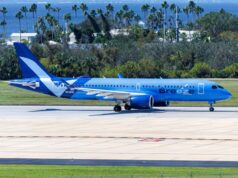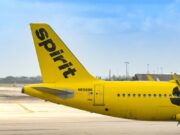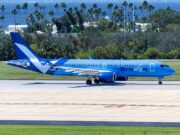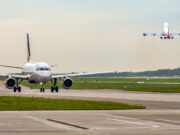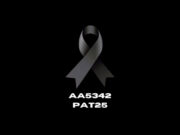So, you’ve caught the general aviation bug and are considering buying your own aircraft. Before you bite the bullet, here are some factors to consider ensuring you’re getting the most out of the experience.
The biggest dealbreaker in deciding to buy a plane is cost. Ultimately, you need to decide whether the costs associated with owning your aircraft are worthwhile. What this often comes down to is estimating the number of hours you’ll be flying and considering whether it’s more cost efficient to own versus rent.
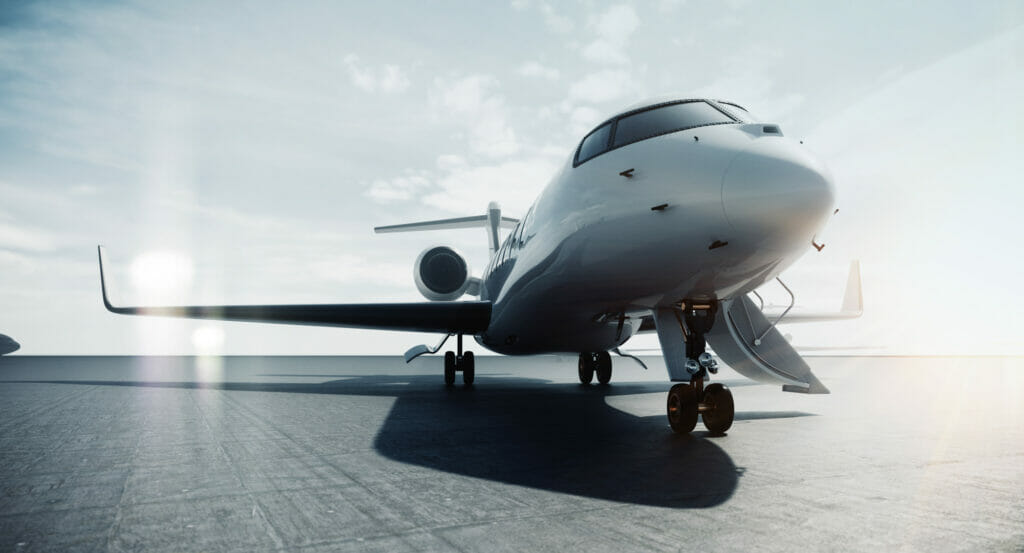
Exact details will vary based on the type of aircraft you buy, but after adding up all the fixed costs associated with your plane (to include the upfront cost of the plane, hangar fees, maintenance costs, insurance, etc.), you must estimate the number of hours you’ll be flying. Armed with this information, ask yourself, “Is it more economical to rent an aircraft or to own which includes all the additional fixed costs. Again, precise details vary based on the aircraft you’re considering buying, and honestly, where you live, but with many aircraft there is a specific number of hours per month (or year) that make owning your own plane a sound economic decision. Many will recommend looking into buying if you reliably fly more than that number of hours.
Aside from the economic angle, there are several other factors that may make owing worth it. For example, when you’re renting, you need to worry about scheduling your flights around the schedules of other pilots. When you own your own plane, you can hop in to go flying on your own terms without worrying about other renters. And should you decide to rent out your plane when you’re not using it, you can usually arrange scheduling priority over other renters.
Remember to consider that maintenance inspections on a rental aircraft will be done on the owner/operator’s schedule. Required inspections will be performed when the owner/operator has time, which may interfere with your own flying schedule. And if you’re renting from a flight school with a lot of students, the inherent stressors of frequent student use may necessitate additional maintenance inspections and repairs that could interfere with your flying.
So, let’s assume that you’ve decided to go forward with buying your own plane. What are the next things to consider? First, you should decide why exactly you want to buy a plane. In other words, what’s your mission? If you only want to fly solo in your local area, you might consider a small two- or four-seat trainer that is relatively inexpensive. But if you want to fly cross-countries or fly with friends, you may consider a more powerful engine, a plane with more seats, or even a multi-engine aircraft. If you want to fly IFR, you must ensure the plane you’re buying is IFR capable and/or that you can afford to bring it into compliance.
Be equally cautious of getting too much and getting too little out of your aircraft. You don’t want to buy a plane only to immediately realize you already need an upgrade a few months after purchase. But you also don’t want to get stuck with a bunch of extra bells and whistles that you don’t really need.
When you’ve decided on a model, it’s time to pick out your specific plane. While aircraft that have cheaper list prices may be attractive, remember that you often get what you pay for and you may end up needing to pay for repairs with a plane that sells on the cheaper end. Meanwhile, a plane with a higher list price might have fresh avionics or paint, might have just had an engine overhaul, or may be straight out of inspection. Regardless, make sure you know your plane’s history before you buy, and hire a trusted A&P mechanic to perform a prepurchase inspection to catch any defects before you find them inflight.
Once you have your aircraft, consider any upgrades you want. If it’s been a while since the last engine overhaul, maybe it’s worth getting one done promptly. If you want new avionics or a new interior, consider having those done early to get the most out of your aircraft.
Your new airplane is yours to enjoy. As long as you’re smart and safe about the buying process, soaring to new heights is always a joy. And while there are certainly hiccups to be expected with owning a plane, with the right decision making, your new aircraft should bring plenty of smiles in the blue skies ahead.






